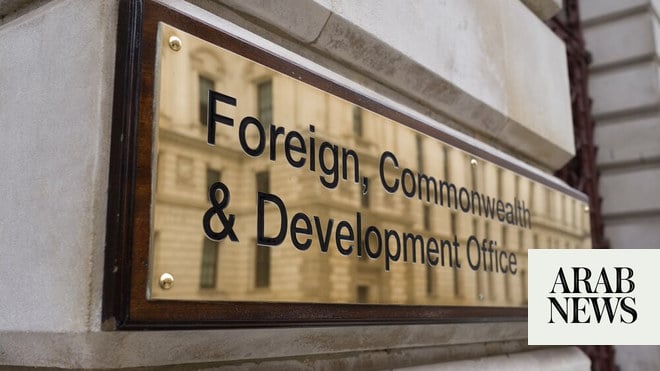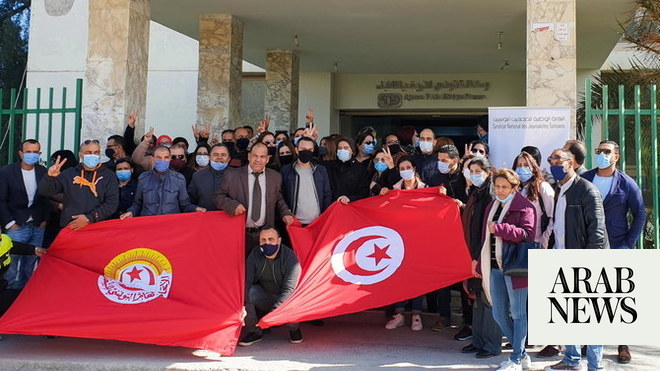
Move comes two months after dismissal of Takhar province spokesman who revealed to media that children were killed in government airstrike
Provincial spokesmen in many regions were the only official sources of information to media in Afghanistan
KABUL: The Afghan government confirmed on Saturday that it had barred provincial government spokesmen from sharing information with the media, raising concerns among lawmakers and journalists that the move will be a major setback for press freedom in the country.
The decision comes two months after the dismissal of Takhar province Spokesman Jawad Jawhari, who revealed to the media that 12 children had been killed in a government airstrike, which the government had categorically denied. Jawhari’s account was later confirmed by Afghanistan’s Human Rights Commission.
“From now onward, governors will take the responsibility of providing efficient information to the media and the public, and spokesmen will continue their duties as public affairs officers on the basis of their working regulation,” Rahmatullah Andar, spokesman for President Ashraf Ghani’s National Security Adviser, told Arab News.
Dawa Khan Menapal, a spokesman for Ghani, explained the decision was made “because some spokesmen had talked about some issues that had no truth and were against the policy.”
He added that the role of provincial spokesmen will now be to pass on media’s questions to governors. District chiefs will also be barred from media interaction.
Najiba Ayoubi, who runs a famous radio station in Kabul, described the government’s decision as a “systematic move to suffocate voices and deprive people of information.”
“For years, the government enticed us with slogans of freedom of media and expression and now openly and brazenly impose restrictions,” she told Arab News.
Freedom of the press has been touted by Afghan leaders and international donors as the country’s “major achievement” since the ousting of the Taliban in a US-led invasion in late 2001.
But in recent years, journalists have been increasingly frustrated over limited access to senior government and military officials across the country over issues such as corruption and civilian casualties of operations by both Afghan and US-led troops.
Provincial spokesmen in many regions were the only official sources of information to the media in Afghanistan, which has become one of the world’s most dangerous places for journalists. At least four journalists have been killed in the country in the past two months alone.
Nasir Ahmad Noor, head of local media watchdog NAI, said the ban will lead to the “spread of rumors and sometimes false information.”
“When you do not have access to spokesmen and it is highly difficult to get to the governors, then you have to rely on accounts from unnamed sources,” he said.
Hamidullah Tokhi, a lawmaker from the southern Zabul province, told Arab News that the parliament will debate the decision on Monday. With the ban, he said, Afghanistan is moving toward “dictatorship and totalitarianism, as the government wants to hide information and truth from the public.”












